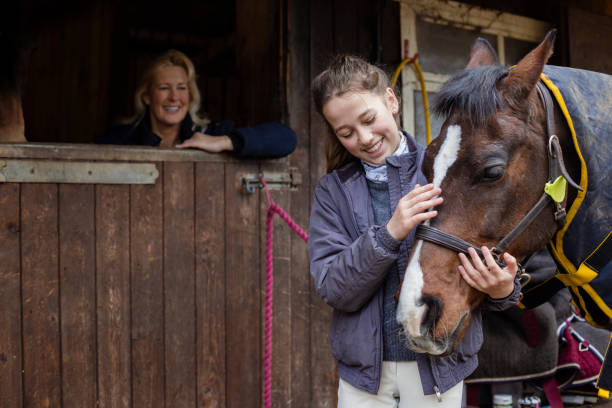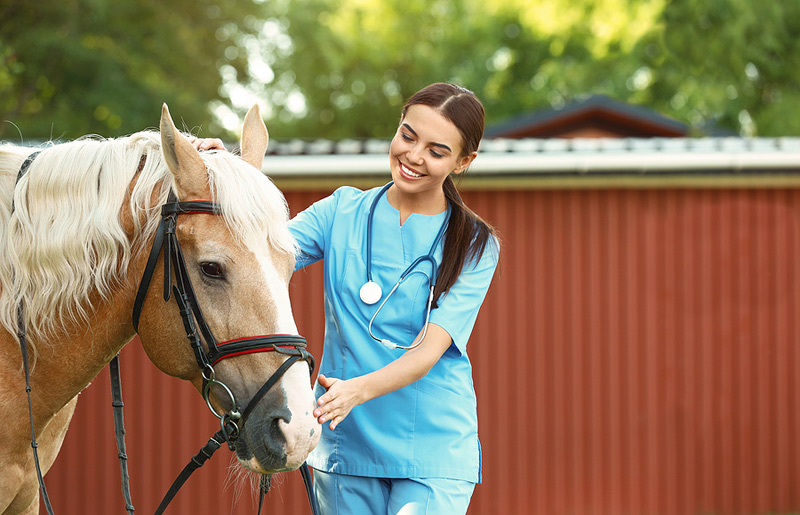Caring for a senior horse is a rewarding experience, but it comes with its own set of challenges. One of the most critical aspects of maintaining your elderly equine’s health is understanding and performing senior horse body condition scoring. This process helps in assessing the health and wellness of your horse, ensuring they live a long and fulfilling life. In this guide, we’ll delve into the importance of body condition scoring for senior horses and how to effectively carry it out.

Understanding Body Condition Scoring
Body condition scoring is an essential tool used by equestrians and veterinarians to evaluate a horse’s health. It involves assessing the horse’s body fat and muscle distribution to determine their overall condition. This is particularly important for senior horses as they are prone to weight loss and muscle wasting due to age-related factors.
Why is Body Condition Scoring Important?
Proper body condition scoring helps identify if a horse is underweight, overweight, or at an ideal weight. For senior horses, maintaining an appropriate body condition is crucial for their health, as it affects their mobility, immune function, and overall quality of life. Regular scoring can help identify potential health issues early, allowing for timely intervention.
How to Perform Body Condition Scoring
To perform body condition scoring, you will need to assess several areas of the horse’s body, including the neck, withers, ribs, loin, and tailhead. Each area is scored on a scale from 1 to 9, with 1 being extremely thin and 9 being obese. A score of 4 to 6 is typically considered ideal for most horses.
Senior Horse Specific Considerations
Common Challenges
Senior horses often face challenges such as dental issues, arthritis, and decreased digestive efficiency, which can impact their body condition. Understanding these challenges is crucial for accurate scoring and management.
For more insights on managing senior horse health, you can refer to this hydration guide that provides valuable tips.
Adjusting Diet and Nutrition
Adjusting your senior horse’s diet is critical for maintaining a healthy body condition. This may involve providing easily digestible feeds, supplements, and ensuring they have access to clean water at all times. For more information on the best feeding practices, visit this bedding guide.
Monitoring and Recording Scores
Keeping Track of Changes
Regular monitoring and recording of your horse’s body condition scores are essential for tracking changes over time. This can be done through a simple logbook or digital application.
Consulting with Professionals
Consulting with a veterinarian or equine nutritionist can provide additional insights into your horse’s condition. They can offer guidance on dietary adjustments and exercise routines tailored to your horse’s needs.
For specialized pasture management tips, this guide offers practical advice for keeping your senior horse healthy.
Practical Tips for Maintaining Optimal Body Condition
Regular Exercise
Regular exercise is vital for maintaining muscle mass and overall health in senior horses. Tailoring the exercise routine to your horse’s abilities and needs is crucial. Learn more about exercise routines for older horses here.
Regular Health Check-ups
Frequent health check-ups help in early detection of potential issues. A comprehensive health evaluation should include dental exams, hoof care, and routine vaccinations.
Stretching and Flexibility
Incorporating stretching routines can improve your horse’s flexibility and comfort. For practical stretching exercises, consider this stretching guide.

FAQ Section
What is the ideal body condition score for a senior horse?
The ideal body condition score for a senior horse generally falls between 4 and 6. This range indicates a healthy balance of muscle and fat, contributing to overall well-being.
How often should I perform body condition scoring?
It’s advisable to perform body condition scoring monthly. Regular assessments help track any changes and make timely adjustments to diet and care routines.
Can I perform body condition scoring myself?
Yes, you can perform body condition scoring yourself with some practice and guidance. However, consulting with a veterinarian or equine professional for confirmation is always beneficial.
For more comprehensive care tips, explore this external resource that provides a detailed overview of senior horse care.
This article contains affiliate links. We may earn a commission at no extra cost to you.
